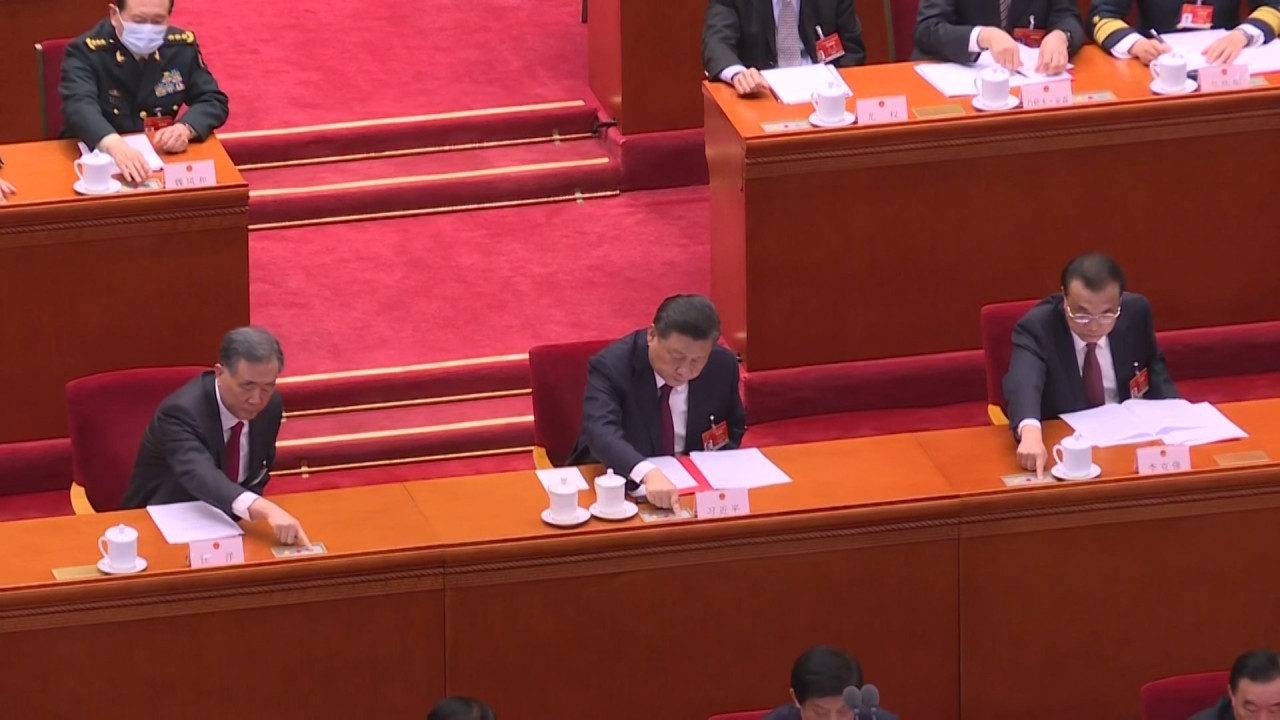
00:41
China’s national legislature approves biggest shake-up to Hong Kong electoral system since handover
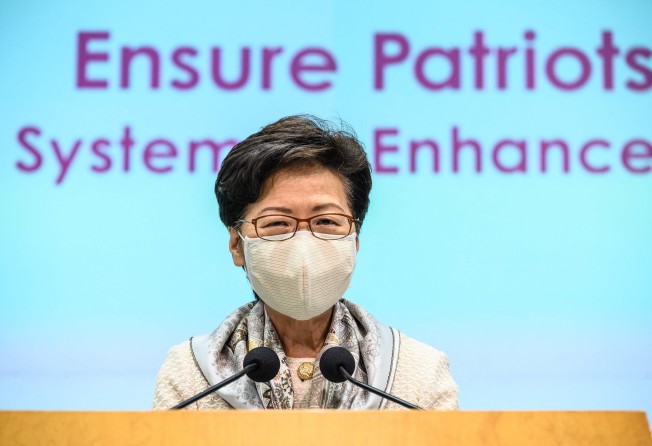
Many details of Beijing’s drastic shake-up of Hong Kong’s electoral system were already known, yet Thursday’s formal announcement still left many wondering about the future of local politics with the opposition virtually wiped out.
Pro-establishment politicians presented a united front, insisting that reforms were needed urgently.
“If Hong Kong continues to be stranded in political infighting, we can never find a way out on our own,” said Starry Lee Wai-king, chairwoman of the largest pro-Beijing party, the Democratic Alliance for the Betterment and Progress of Hong Kong (DAB).
Opposition players slammed the reforms as rendering participation in elections meaningless.
Democratic Party veteran Lee Wing-tat said the major changes set in motion by Beijing were a “flawed exercise” for the lack of consultation, and called the overhaul a retrogression that would snuff out all democratic elements in elections.

00:41
China’s national legislature approves biggest shake-up to Hong Kong electoral system since handover
“In the past, we could still say half the seats in the Legislative Council were directly returned, but not anymore,” he said.
At the core of the proposals endorsed by Beijing on Thursday are plans to expand and give more power to the Election Committee, a select group already dominated by the pro-establishment camp, which picks the city’s chief executive.
Its membership will be raised to 1,500 by adding 300 Beijing loyalists. It will also get sweeping new powers to nominate lawmakers and send some of its own representatives to the Legislative Council, which will be expanded to 90 seats from the current 70.
A new “candidate qualification review committee” will be set up to vet the qualifications of candidates in all elections, ensuring only “patriots” are cleared to run.
Here are some key concerns and questions regarding the changes to come for Hong Kong’s election system.
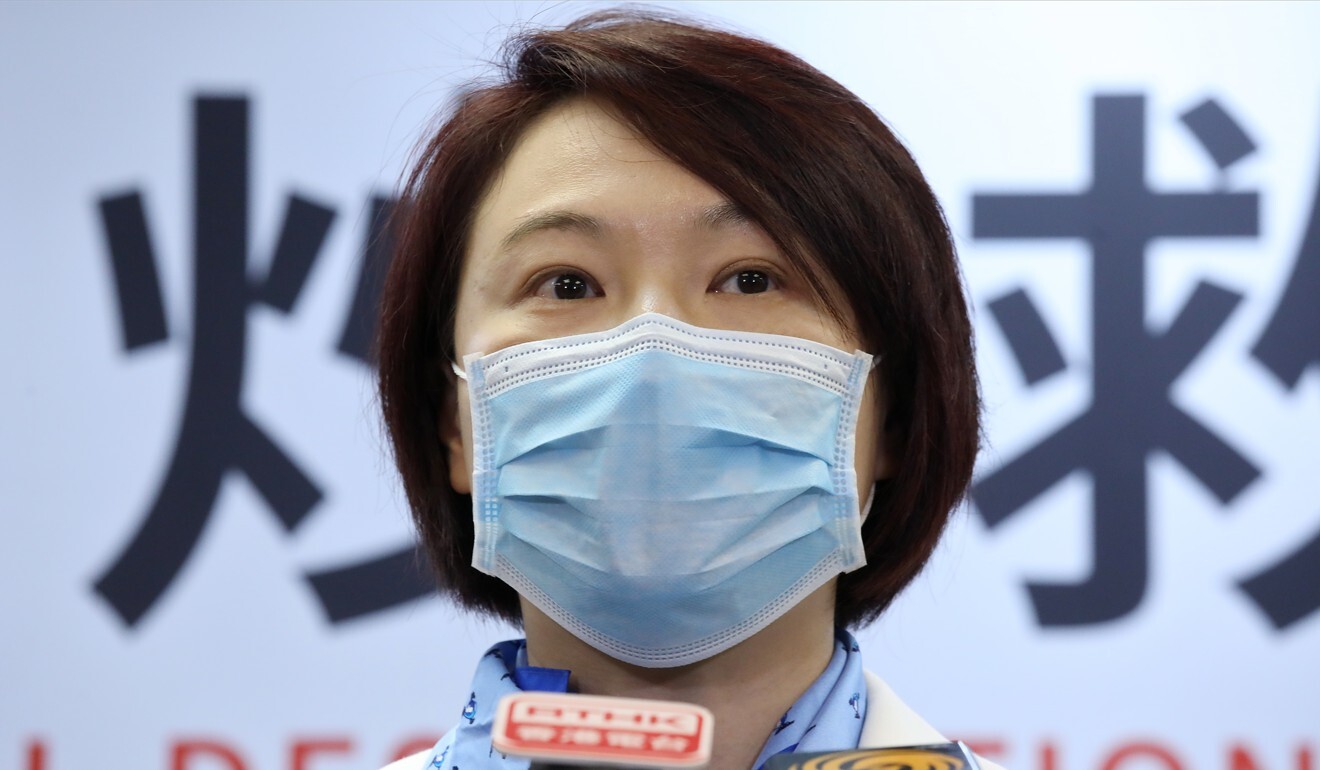
The newly endowed Election Committee is supposed to have broad representation, but how broad will it be exactly?
The committee’s 1,200 members currently represent the business, social, professional and political sectors. A fifth sector will be created when 300 Beijing loyalists are added, increasing its membership to 1,500.
Members of the Chinese People’s Political Consultative Conference – the country’s top political advisory body – as well as some “grass roots representatives” will join as new members.
Hong Kong leader Carrie Lam Cheng Yuet-ngor refused to provide a breakdown of the committee’s membership, but made a point to mention that the social services sector, a stronghold of pan-democrats, will move from the committee’s social grouping to the professional grouping.
That effectively means less representation. Currently, each sector under the social grouping – such as social welfare and labour – is allocated 60 seats, whereas those listed under the professional grouping get only 30 seats each.
Opposition activist and social worker Shiu Ka-chun, a former lawmaker representing the social welfare sector, slammed the authorities for aiming to take complete control of elections.
“Our victory in the Election Committee in 2016 and the district council polls in 2019 are considered to be ‘derailing behaviours’ in the eyes of the authorities. They want to prevent all this,” he said. “They almost want to assign who will win which seats, like arranging a seating plan.”
Ivan Choy Chi-keung, a political scientist at Chinese University, said the Hong Kong members of mainland Chinese groups to be added to the Election Committee will be easily swayed by the central government. “Beijing wants to reduce reliance on the business sector in the chief executive election. It no longer wants big businesses to be kingmakers,” he said.
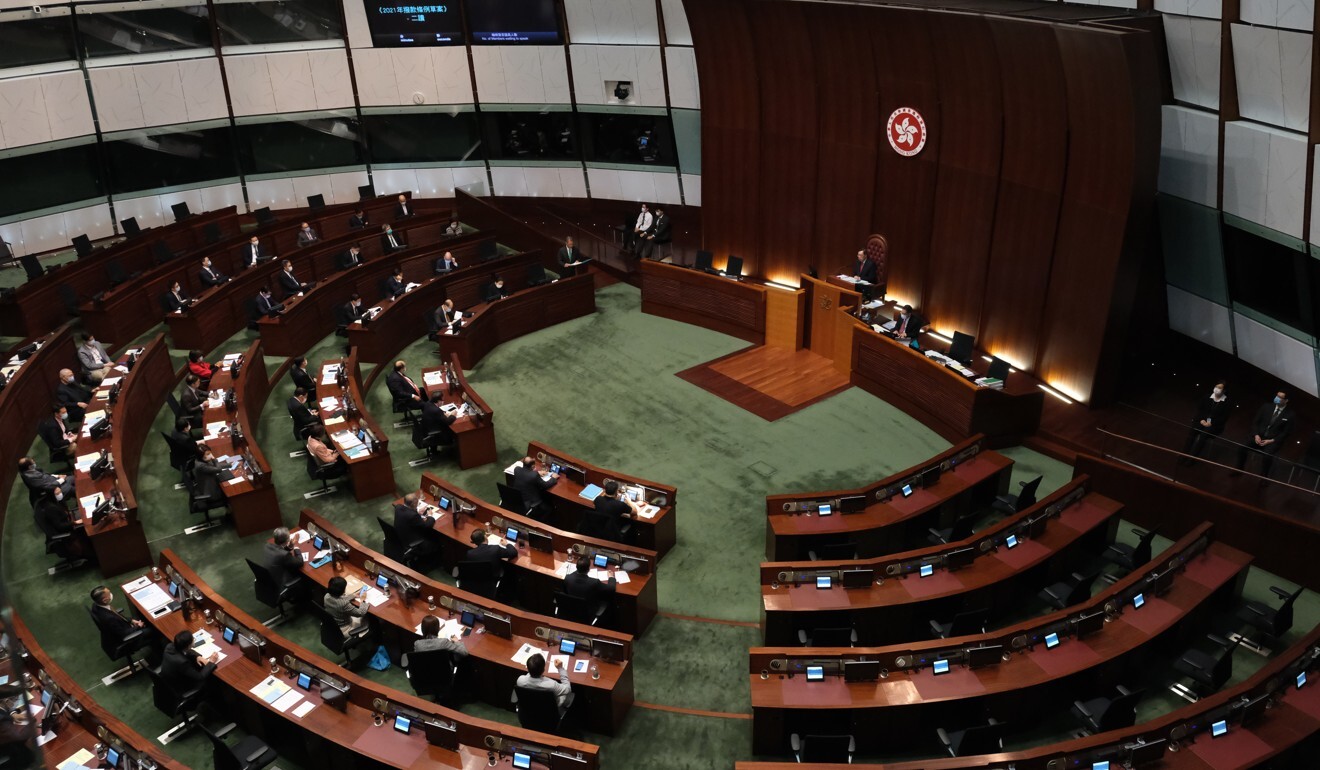
Shape of enlarged Legco remains unknown
Legco will now have 90 seats. Last week, Wang Chen, vice-chairman of the NPC Standing Committee, said lawmakers from the Election Committee should make up “a relatively large proportion” of the expanded legislature. One report suggested that Election Committee lawmakers will become strongest force, getting 40 seats. That will see functional constituency seats reduced to 30 and seats for directly elected lawmakers from geographical constituencies slashed to just 20.
However, the resolution endorsed by Beijing on Thursday made no mention of lawmakers who will make up “a relatively large proportion” of the Legco. It stated only that the Legco will have 90 lawmakers from the Election Committee, functional constituencies and geographical constituencies – in that order.
Michael Tien Puk-sun, a Hong Kong deputy to the NPC, said the absence of Wang’s point in the resolution gave him hope to continue lobbying Beijing to accept his suggestion of having 30 Legco seats returned through direct elections in geographical constituencies. Tien, a directly elected lawmaker, is in favour of a proportionate and balanced distribution of Legco seats among geographical constituencies, functional constituencies and the Election Committee.
Ivan Choy noted that the resolution mentioned the Election Committee first in the sequence of the three channels returning Legco seats. He found this worrying, even though the resolution did not specify how many seats should go to committee members.
“I believe Beijing chose not to specify the proportion, because it has to further consult the pro-establishment camp,” he said. “I understand that some second-tier members of pro-establishment parties are worried about their political careers if directly elected seats are slashed to just 20.”
He said Beijing needed time to iron out the differences within the pro-establishment camp.
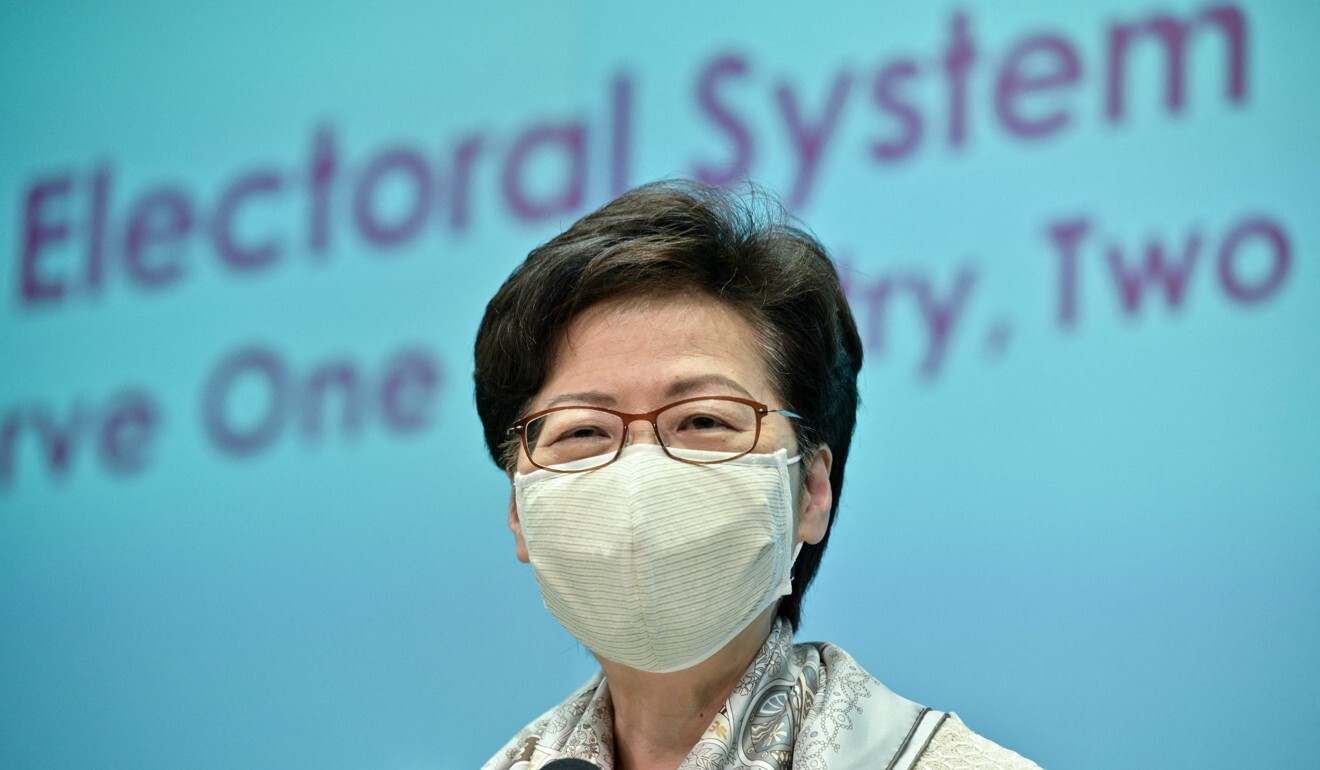
Vetting committee to play ‘hangman’?
Beijing’s reforms include setting up a candidate qualification review committee to scrutinise all potential candidates for the chief executive, election committee and Legco elections, and weed out those deemed not sufficiently patriotic. This could prove a major hurdle for opposition candidates.
Denying that the new body’s role is to disqualify opposition candidates, city leader Carrie Lam said on Thursday it would aim to ensure that only patriots administer Hong Kong.
Until now, it has been the job of returning officers – civil servants appointed to carry out work related to elections – to vet potential candidates. In recent years, they have barred dozens from contesting elections on the grounds of unacceptable political views. Lam said it had become harder to find civil servants willing to do the job, not only because of the heavy responsibilities, but also because of the threat of doxxing by their critics.
She said the NPC standing committee would now consider how a “more solemn” vetting committee would carry out the task of screening candidates, but did not provide more details.
Former lawmaker Shiu compared the new committee to a game of “hangman”, saying: “With this mechanism and all the other reforms, it becomes not only difficult for us to find hopefuls who fit the government ‘requirements’, but also a challenge to find people actually interested in standing in elections. People are now asking, ‘Does it still matter? Is it still worth discussing?’ That, sadly, is the sentiment right now.”
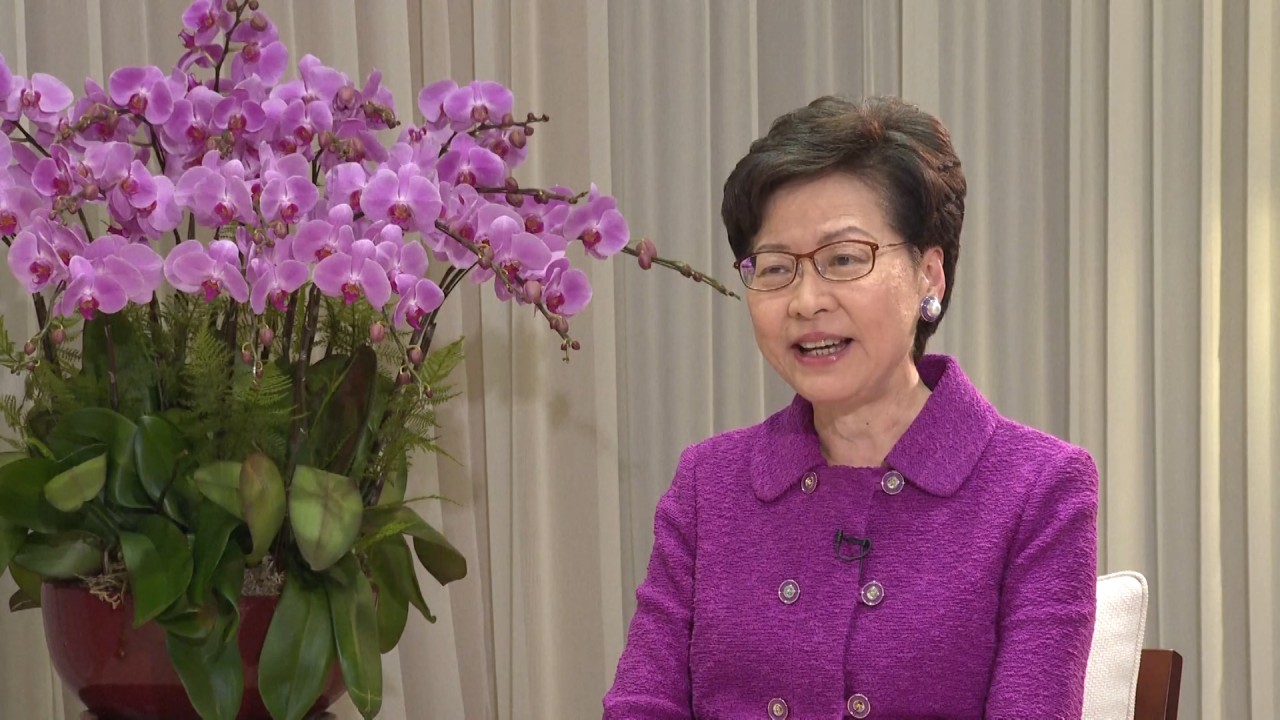
02:40
‘We do not want unpatriotic people in our political system,’ says Hong Kong leader Carrie Lam
Uncertainty over candidates for Legco
Under Beijing’s reforms, candidates for the chief executive’s job must secure a minimum number of nominations from each of five sectors in the expanded Election Committee. Thursday’s resolution did not indicate if potential Legco candidates must do the same.
A Hong Kong deputy to the NPC said the body’s Standing Committee will work out the details. “The requirement of securing nominations from each of the five sectors of the Election Committee will be key to screening candidates for the Legco elections,” the deputy said.
Democratic Party chairman Lo Kin-hei said that requirement would discourage the opposition camp from contesting elections. “I would not allow myself to ask for nominations from Stanley Ng Chau-pei,” said Lo, referring to the hawkish Beijing loyalist from the Federation of Trade Unions. “Many people would find this very unacceptable.”
Democrat Lee Wing-tat said he was no longer interested in the details, as it was obvious Beijing was out to minimise democratic elements in Hong Kong’s elections. “The room for us to participate in elections has definitely shrunk. We will leave it to the party to decide whether to still field candidates in polls in future,” he said.
Additional reporting by Lilian Cheng and Nadia Lam